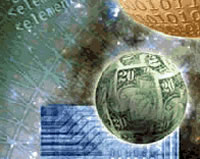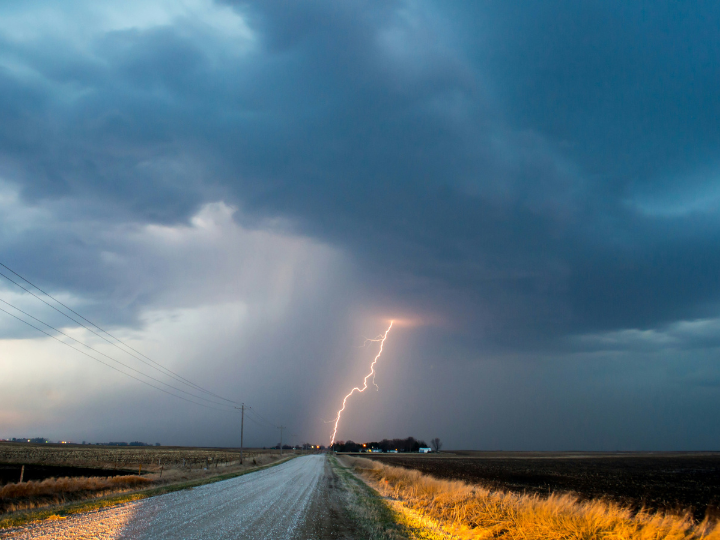As in physics, so in finance: shockwaves keep appearing long after an explosion. Five years after the crash in technology shares, its residual effects remain in the area of venture capital.
One sign is the huge amount of new money being committed to American venture funds by investors who feel they missed, or hope to resurrect, the terrific returns of the late 1990s. Another aspect is that some of the money raised during the boom is only now being invested. The result is that start-ups are seeing a fast influx of financing, which is pushing up valuations. "There is a lot of recidivist, bubble-like behaviour," says the managing partner of one fund with over $2 billion under management.
America's venture capitalists put $20.4 billion into deals in 2004. Although this sum was far below the amounts of the bubble years, it marks the first increase after three years of declining investment, according to VentureOne, a research firm. The biggest rise by far was in software, where investment grew from $4.1 billion in 2003 to $4.9 billion last year. Median valuations for American start-ups in 2004 were $13m - the highest since 2001, and a 30% increase compared with 2003.
Following the dotcom crash, venture-capital funds did not invest much because good deals were scarce. Last year's uptick in investment came from finally finding suitable uses for funds raised in 2000 and 2001, says Matt Garlick of VentureOne. Still, an "overhang" of uninvested money - a breathtaking $54 billion in 2004 - is now looking for deals. And more is to come: last year American venture-capital funds doubled the amount of fresh capital they raised from investors, taking in $17.5 billion, against $8.8 billion in 2003.
Some venture-capital funds say they have turned away money from investors (known in the trade as limited partners) in order to keep fund sizes down to an amount that can be managed responsibly. But the allure of returns remains. "Limited partners are so desperate to deploy assets in this class that they are willing to fund new firms or old, bad firms - that is unprecedented in history," says William Sahlman of Harvard Business School.
It is too early to say whether the flush environment heralds another tech investment bubble, but there are echoes of the dotcom boom. Red Herring, a once-weighty technology magazine, reappeared last autumn under new ownership. AlwaysOn Network, a website on technology and media, is publishing a quarterly magazine. Tech conferences are proliferating again, particularly in Europe. Technology Review, a magazine published by the Massachusetts Institute of Technology, has recently unveiled two monthly stock indices covering 150 firms, as a "gauge on the pulse of innovation".
Meanwhile, many veteran venture capitalists are fretting, especially now that pension funds and endowments are racing to place money in venture capital (partly because they cannot get decent returns elsewhere). "I am concerned that the inflow of so many dollars will result in overvaluations and inflated prices that we can't recapture on exit," says Peter Barris of New Enterprise Associates, a large venture fund. Apparently, you can have too much of a good thing.




 By: N. Peter Kramer
By: N. Peter Kramer
